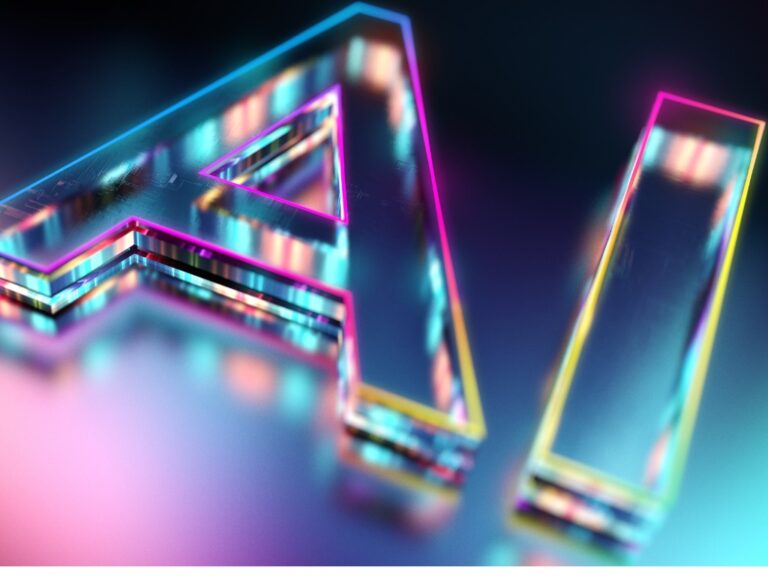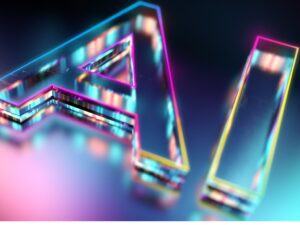What is the Impact of AI-Generated Evidence on Modern Legal Proceedings?
June 25, 2024

What is the Impact of AI-Generated Evidence on Modern Legal Proceedings?
According to an article by the law firm Akerman, the integration of AI into the legal system brings innovation and challenges, especially in terms of evidence authenticity and reliability. Incidents of lawyers submitting fictitious AI-generated case citations have led judges to update court filing regulations. The rise of AI-generated evidence, including deepfakes, raises concerns about manipulation and authenticity in trials. Deepfakes could unlawfully exploit images, likenesses, trademarks, and copyrights, complicating intellectual property cases.
AI-generated evidence exists in various forms, from documents and media to data analysis, and its accuracy and reliability are major concerns. Traditional evidence can be traced and verified by humans, but AI-generated content’s opaque processes make this difficult, raising issues of tampering and bias. Authenticating AI-generated evidence presents challenges due to the complexity of AI processes, requiring parties to demonstrate data collection and processing methods, potentially delaying trials and increasing litigation costs.
Expert testimony is often needed to explain AI evidence, adding further costs and requiring courts to assess expert qualifications and reliability. Disputes may arise over data integrity, algorithm validity, and potential biases in AI outputs. AI’s reliance on extensive datasets, including sensitive personal information, raises privacy and data protection concerns. The lack of transparency in AI algorithms can undermine evidence admissibility, as courts require clear explanations of evidence derivation.
Legal systems struggle to keep pace with rapidly evolving AI technology, posing significant challenges in handling, interpreting, and challenging AI-generated evidence. Increased litigation costs, jury discernment issues, and potential court overwhelm are concerns. Few court decisions have addressed AI evidence admissibility, which hinges on relevance, reliability, authenticity, and fairness, per the Federal Rules of Evidence.
Ensuring AI evidence reliability, fairness, and transparency requires clear standards, legal professional education, and ethical AI development. Addressing these challenges is essential for AI-generated evidence to support justice and fairness in the legal system.
Get the free newsletter
Subscribe for news, insights and thought leadership curated for the law firm audience.




